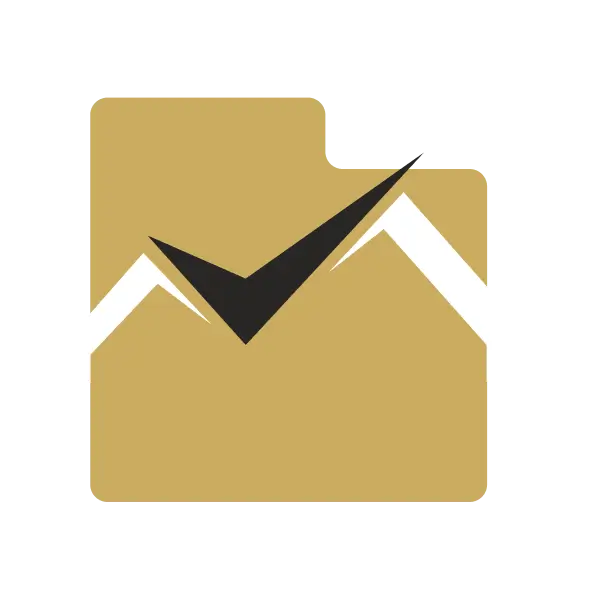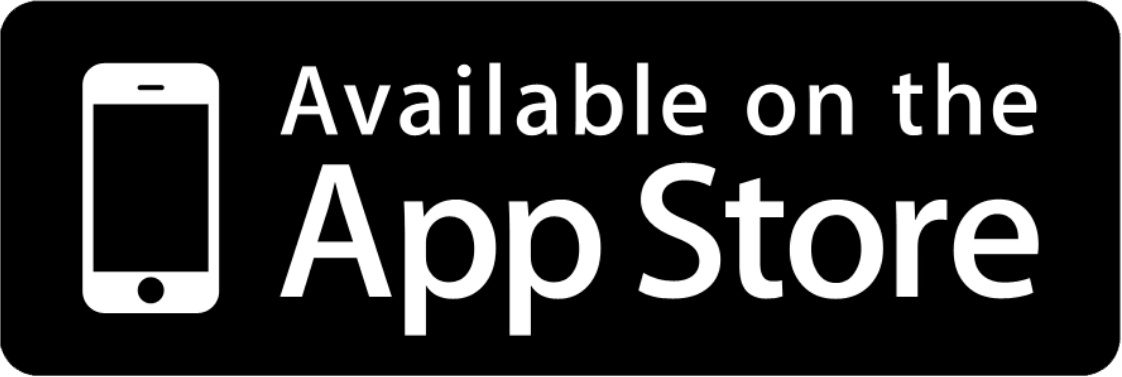
Entering the real estate industry in Utah presents both exciting opportunities and significant challenges. For those considering a career as a real estate agent—whether fresh out of high school, in college, or at any stage of life—it is essential to understand the realities of the profession beyond the surface. This article explores the advantages and drawbacks of becoming a real estate agent, focusing on factors relevant to the Utah market and lifestyle.
Getting Started: The Accessibility of a Real Estate License
One of the most appealing aspects of starting a career in real estate is how accessible it is to obtain a license. In Utah, as in many states, anyone over the age of eighteen with approximately $500 can pursue a real estate license. This relatively low barrier to entry makes real estate an attractive option for young adults eager to begin their professional journey without extensive schooling or debt.
However, the ease of entry also means the industry is saturated with agents. Many individuals, including friends, family members, and acquaintances, may already be established in the field, making it challenging for newcomers to build a client base. In Utah’s competitive markets like Salt Lake City or Park City, where long-standing relationships often dictate real estate transactions, new agents must proactively expand their network beyond their immediate circles.
Enjoying Flexibility: Being Your Own Boss
One of the most celebrated benefits of working as a real estate agent is the freedom to create your own schedule. Agents are not bound by traditional office hours or a fixed desk, allowing them to balance work with personal commitments. This flexibility is particularly attractive to young professionals or those seeking to supplement other income sources.
Explore Utah Real Estate
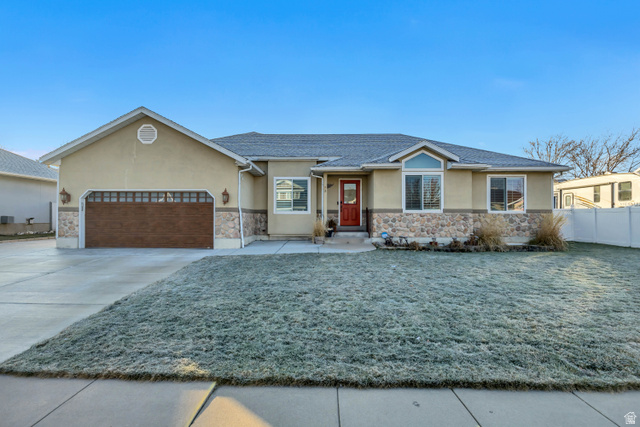
83 W 850 S, Centerville, UT
$815,000
Bedrooms: 5 Bathrooms: 3 Square feet: 3,999 sqft
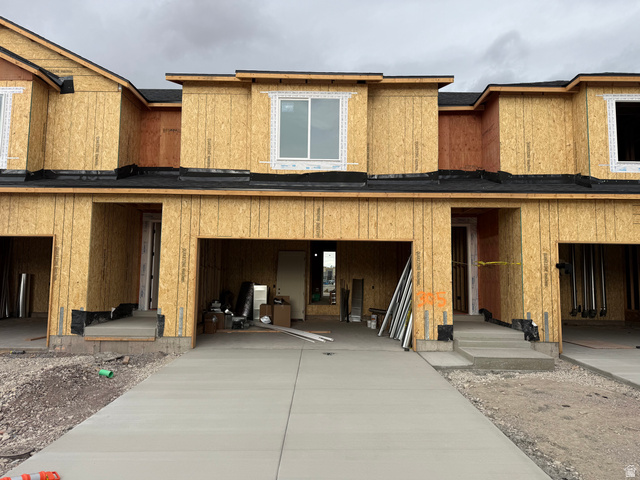
653 E RYEGRASS DR #305, Eagle Mountain, UT
$387,900
Bedrooms: 3 Bathrooms: 3 Square feet: 1,985 sqft
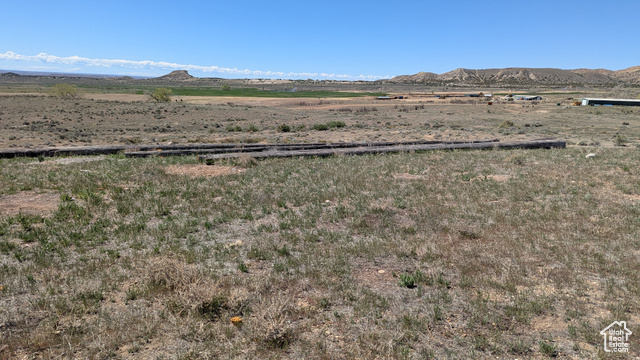
2098 E GOOSE RANCH RD, Vernal, UT
$103,000
Square feet: 274,864 sqft
Nevertheless, this freedom can be a double-edged sword. Without the discipline to dedicate consistent hours—often 40 or more per week—to prospecting, client meetings, and follow-ups, success in real estate remains elusive. Many aspiring agents underestimate the amount of effort required, leading to infrequent office presence and missed opportunities. In Utah’s dynamic real estate environment, consistent engagement is vital to closing deals and maintaining momentum.
Financial Realities: Earnings Can Vary Widely
Real estate offers the potential for substantial income, with some agents in Utah achieving six-figure earnings or more annually, especially in thriving markets like St. George or Heber City. The uncapped commission structure means there is no ceiling on earnings for high performers.
However, the financial path is not guaranteed. According to national data, real estate agents typically earn between $53,000 and $190,000 annually, but this range can be misleading for newcomers. The reality is that many new agents close few or even zero deals in their first year or two. For example, some agents might only close one deal in their initial year, resulting in earnings far below the average—sometimes as low as $7,000 to $8,000.
Success depends heavily on dedication, effective prospecting, and market knowledge. Without these, it is possible to work extensively and still generate little to no income, making it crucial for new agents to set realistic expectations and prepare for a potentially slow start.
More Properties You Might Like
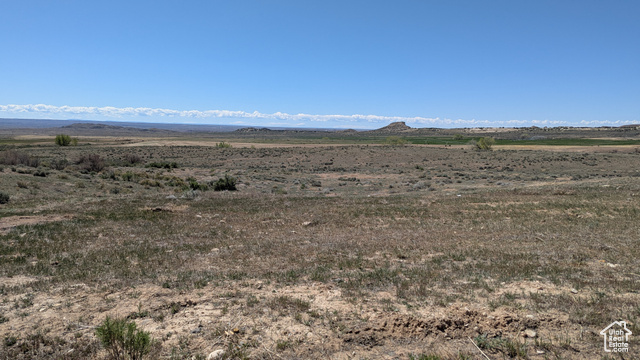
2148 E GOOSE RANCH RD, Vernal, UT
$116,000
Square feet: 309,276 sqft

2031 N LAVA ROCK CIR #107, St George, UT
$4,185,000
Bedrooms: 4 Bathrooms: 5 Square feet: 5,404 sqft

6668 S 3200 W, Spanish Fork, UT
$2,074,000
Bedrooms: 3 Bathrooms: 3 Square feet: 2,560 sqft
Balancing Pros and Cons: Is Real Estate Right for You?
Choosing a career in real estate in Utah requires weighing the benefits against the challenges. The profession offers:
- Easy entry with minimal upfront costs
- Flexible work schedules
- Unlimited income potential
Conversely, it also demands:
- Intense competition in a saturated market
- Self-motivation to maintain consistent work habits
- Financial uncertainty, especially early on
For those who thrive in an independent work environment and are prepared to invest the necessary time and effort, real estate can be a rewarding career path in Utah’s growing housing markets. Prospective agents should carefully evaluate their readiness to handle both the highs and lows inherent to this profession.
Conclusion
Becoming a real estate agent in Utah offers an accessible entry point into a profession with flexible schedules and unlimited income potential. However, the path requires hard work, strategic networking, and realistic financial expectations. By thoroughly considering the pros and cons, aspiring agents can make informed decisions about pursuing this career in Utah’s diverse and evolving real estate market.
Frequently Asked Questions
How long does it take to get a real estate license in Utah?
Typically, obtaining a real estate license in Utah involves completing required pre-licensing courses, passing the state exam, and submitting an application. This process can take a few months depending on the individual's pace and course availability.
What are the costs associated with becoming a real estate agent?
Initial costs include pre-licensing courses, exam fees, licensing fees, and membership dues for organizations like the Utah Association of Realtors. The total upfront investment is generally around $500 to $1,000.
What should new agents focus on to succeed in Utah’s real estate market?
Building a strong network, engaging consistently in prospecting activities, learning local market trends, and providing excellent client service are critical. Persistence and continuous education also play a significant role in long-term success.
Is real estate a good career for young adults?
Real estate can be a viable career for young adults, especially those who are self-motivated and eager to learn. Young agents may face challenges due to limited experience but can leverage technology and social media to build their brand and client base.
Where can I find current Utah real estate listings and market information?
Comprehensive listings and market data are available through local real estate websites such as bestutahrealestate.com and official sources like the Utah real estate commission or the National Association of Realtors.
